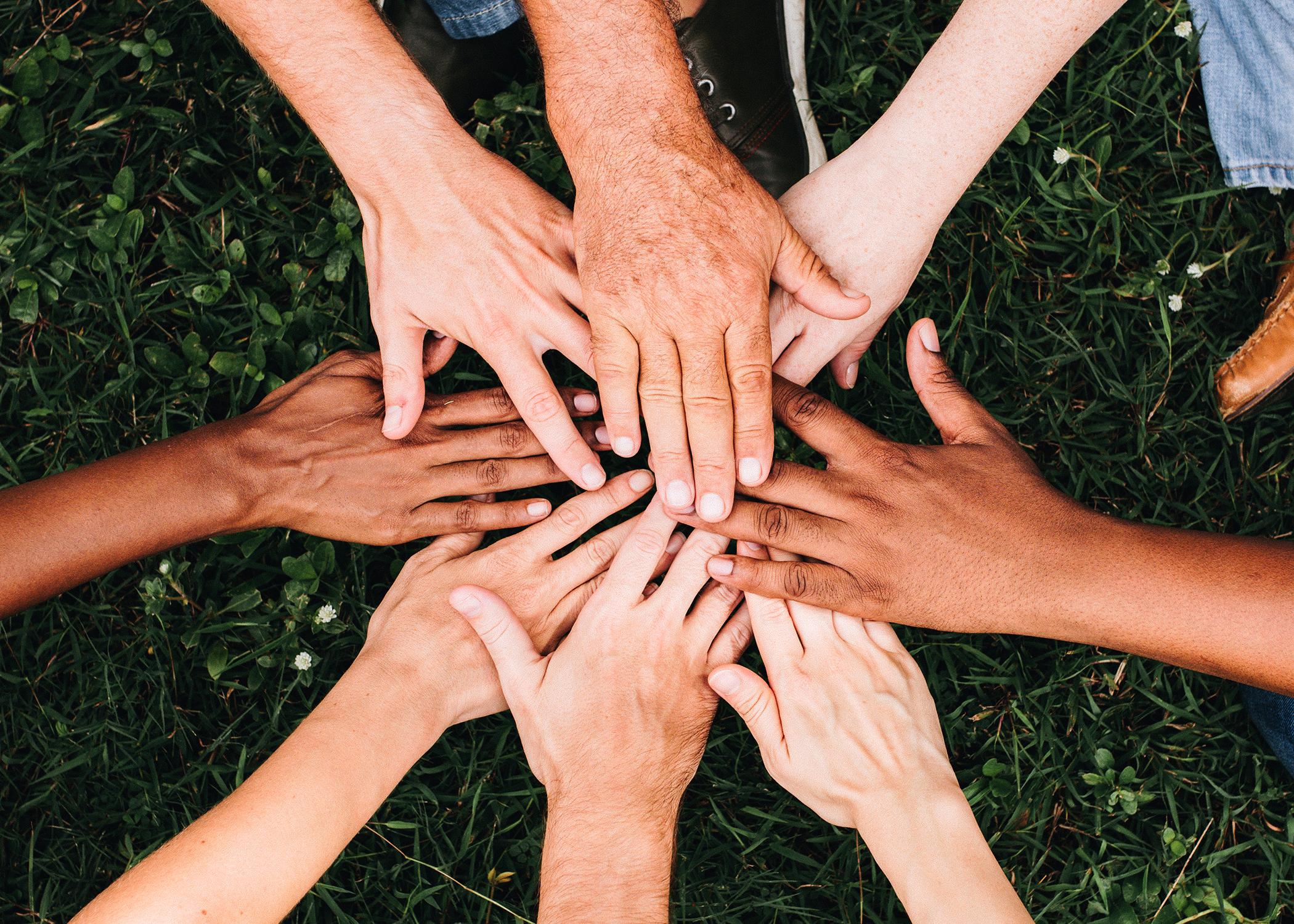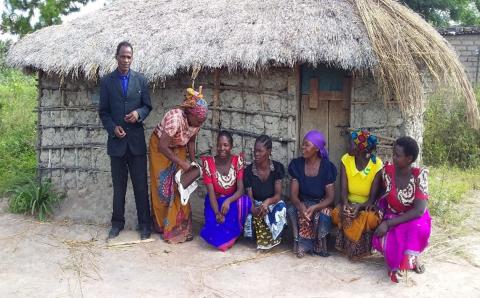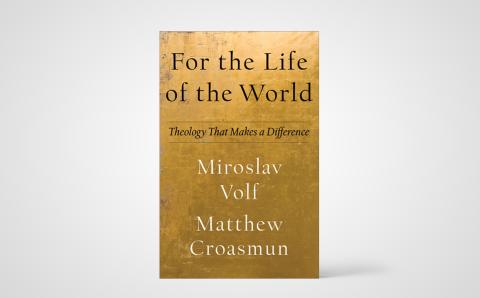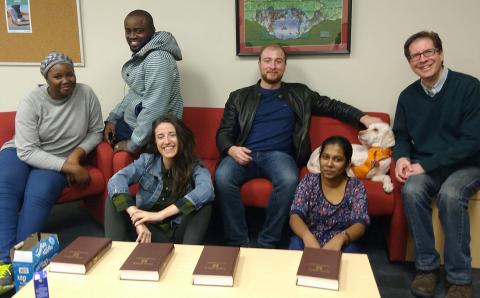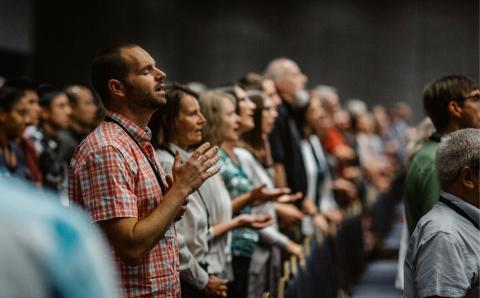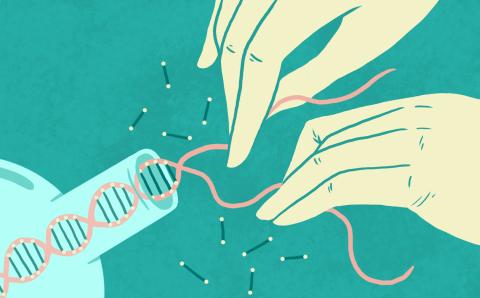Kenosis, a Greek word meaning “to empty,” is found in Philippians 2:7, where it describes how Jesus emptied himself to take the form of a servant. Kenosis is also the name of community groups led by white people for white people to study how culture shapes their life in fellowship. Kenosis Community groups were developed by the Canadian Race Relations office of the Christian Reformed Church to initiate open and honest discussion about positions of power and privilege that can go unnoticed and unspoken by white Christians.
“It’s a way to lean into something absent from the Christian Reformed denomination, an honest grappling with whiteness,” explained Kim Radersma, a Kenosis facilitator from St. Catharines, Ont. Radersma is currently pursuing a Ph.D. at Brock University in educational studies with a focus on anti-racist pedagogy.
“White people have not been given tools in how to have conversations about what it means to be white,” Radersma said. Kenosis groups, meeting once a month for six months, were developed to provide these tools. The groups work through six modules using primarily two resources: a collection of personal essays with questions called “Cracking Open White Identity Towards Transformation” published by the Canadian Council of Churches, and a podcast called “Colour Code” from the Globe and Mail.
Steve Kabetu, national director of Resonate Global Mission, had a hand in creating the collection of essays as he was co-chair of the Council’s Canadian Ecumenical Anti-Racism Network at the time. Kabetu wanted to find a way to “crack open the mountain” in naming and seeing privilege that comes with being white in Canada.
Radersma, Peter Noteboom (a contributor to chapters in the book and a member of First CRC in Toronto), and Danielle Steenwyk-Rowaan have all facilitated Kenosis groups in southern Ontario. Steenwyk-Rowaan, CRCNA Justice Communication Team Coordinator, appreciated the Canadian-specific resources and support provided by Race Relations coordinator Bernadette Arthur, who was a key participant in developing the groups. A presentation by Christena Cleveland inspired their creation.
“There is a myth that anti-racism work is to improve areas for those who are racialized,” said Arthur. The journey is important for white Christians to unpack their racial identity so that the body of Christ can be unified and transformed.
Kenosis groups are homogeneous in racial identity to provide an environment where participants can engage honestly. “It creates space where the fear of saying something incorrect or offensive is mitigated and invites authentic, open questions,” said Radersma. Married participants Dean Bonsma and Marlene Bergsma joined a group formed at Jubilee Fellowship CRC in St. Catharines. Bonsma had been grappling with the unfair treatment of Canada’s Indigenous peoples.
“I was feeling hopeless, trying to find a solution but the problem felt too big. Kenosis struck me as a helpful way to start discussing this,” he said. “I was surprised at how much I didn’t know. It’s like when I didn’t have glasses and didn’t realize I needed them. Then, the first day you wear glasses, you see with clear vision.”
The topics and materials discussed at Kenosis also brought levels of discomfort. Though she found the discussions “a beautiful, authentic community experience,” Steenwyk-Rowaan said it was difficult to recognize the continued legacy of colonialism and to disentangle that from one’s Christian identity. “It was confusing and hard to wrestle with what was done in the name of Jesus and what is still being done in his name,” she said.
Arthur hopes to establish more groups in Canada, looking to incorporate facilitators perhaps just beginning to come to terms with their racial identity. “They don’t have to be experts of critical race theory, just be willing to model brave conversation,” she said.
“A big takeaway for me was that if there is going to be change—to be more just and inclusive—the privileged need to do work so we can all move in the direction of change,” said Bergsma.
About the Author
Krista Dam-VandeKuyt is a member of Kemptville CRC and lives with her family in Ottawa, Ontario.

